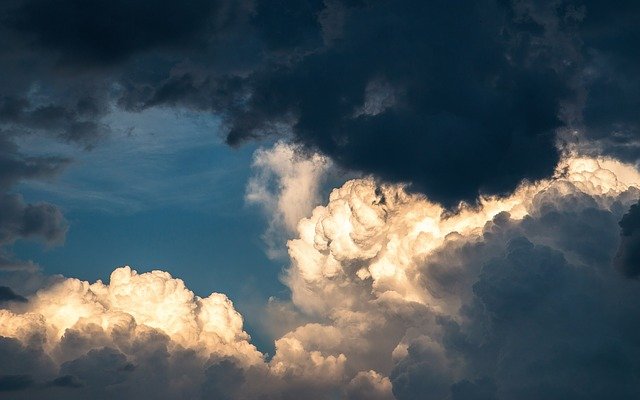Climate Justice Group Hits New Round of Talks on Nuclear Energy
More than hundreds of climates justice groups that compose the Philippine Movement for Climate Justice hit the new round of talks on nuclear here in Manila starting today August 30.
Spearheaded by the Department of Energy (DOE) as host agency, together with the Department of Foreign Affairs, the Department of Science and Technology through the Philippine Nuclear Research Institute (PNRI) and the National Power Corporation, member-states in the Asia-Pacific region will gather to discuss common issues and challenges related to the introduction of a nuclear power program. As part of its commitment in exploring all alternative energy resources to ensure supply security and stability, the Philippine government is hosting the International Atomic Energy Agency (IAEA) and International Framework for Nuclear Energy Cooperation (IFNEC) Conference on the prospects of nuclear power in the Asia-Pacific region until 1 September 2016 at the Diamond Hotel in Manila.
The PMCJ believes that the conference is yet another move by the government to pursue its plan to go into nuclear energy by reviving the mothballed Bataan Nuclear Power Plant, a white elephant project of Marcos regime which plunged the country into millions of dollars in debt.
“This move of the Department of Energy, definitely was given an approval by PDigong administration, goes to show that our new government is likely to pursue the operation of nuclear power plant in the country.” said Ian Rivera, National Coordinator of PMCJ. “Nuclear energy while it is not a major contributor to climate change poses more danger to humanity than any kind of calamity or disaster known.” Mr. Rivera added.
Even with the advent of advanced technology, major nuclear disasters were imminent even in industrialised countries.
These included the Chernobyl in Russia, the partial meltdown in Pennsylvania, USA and most recently in Fukushima, Japan; all resulted to catastrophic effects that lasted for several years.
It is an established fact that nuclear meltdown can cause massive deaths and destruction to environment. The radiation release associated with a nuclear disaster poses significant acute and chronic risks in the immediate environs and chronic risk over a wide geographic area. Radioactive contamination, which typically becomes airborne, is long-lived, with half-lives guaranteeing contamination for hundreds of years.
“The Philippines, which is mainly an agricultural economy, one of the most vulnerable country and with high incidence of poverty is not made to withstand this kind of disaster that can bring massive and long lasting impacts” cited Glenn Ymata, Energy Transformation Officer of PMCJ. Once a large amount of nuclear radioactive material enters an ecosystem, it quickly becomes ubiquitous, contaminating water, soil, plants and animals.
“Why are we desperately trying to have a nuclear that is so expensive and dangerous when cheap, clean and safe renewable energy is vast and readily available in the Philippines? They are actually becoming more and more cheaper than any other kind of energy sources.” explained Mr. Ymata.
A total of 18 IAEA member-states will participate in the conference: Bangladesh, Canada, Finland, Indonesia, Japan, Jordan, Kenya, Republic of Korea, Malaysia, Mongolia, Saudi Arabia, South Africa, Sri Lanka, Thailand, the United Arab Emirates, the United States of America, Viet Nam and the Republic of the Philippines.
“The PMCJ vowed to relentlessly oppose any plan or move by the government to allow use of nuclear in the country as the group suspects that it is only the business sector and multinational corporations are to benefit in the nuclear energy business while putting the lives of millions of impoverished people at stake especially in developing countries.” Atty. Aaron Pedrosa, head of PMCJ Energy Working Group ended saying.
Meanwhile, PMCJ is also holding its countrywide Peoples Energy Conference in Cebu City for the Visayas leg starting today.



